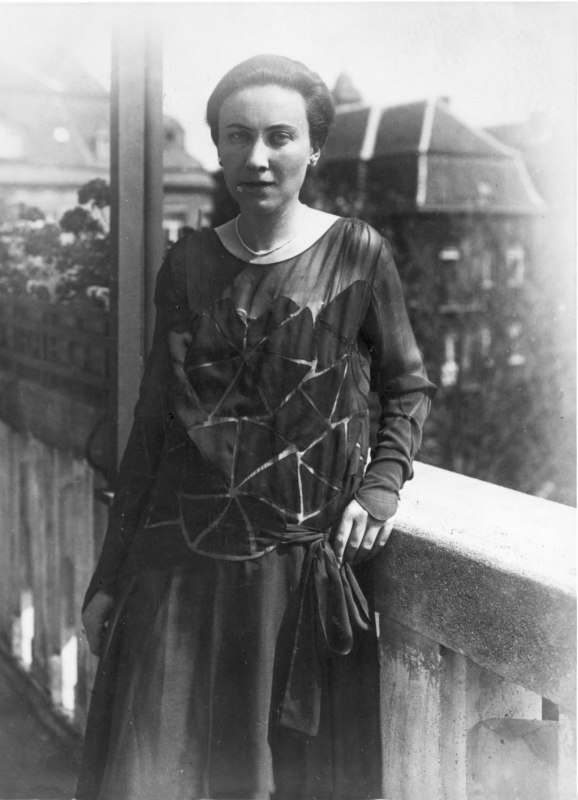Charlotte Bühler (geb. Malachowski), tit. ao. Prof. Dr. phil
Developmental psychologist, founder of the „Vienna School of Infant and Adolescent Psychology“
„Beginnend mit dem Studium der Kinderpsychologie hat sich Charlotte Bühler nachfolgend der Jugendpsychologie auf der Grundlage von Tagebüchern gewidmet, um letztlich den gesamten Lebenslauf des Menschen zum Gegenstand der Entwicklungspsychologie werden zu lassen.“
Prof. Lieselotte Ahnert, Developmental psychologist at the University of Vienna
Ehrungen
| Ehrung | Titel | Datierung | Fakultät | |
|---|---|---|---|---|
| Tor der Erinnerung | Bühler-Tor | 1998/99 |
|
|
| Denkmal Arkadenhof | 2015/16 | Fakultät für Psychologie |
|
- Psychologie
- Ästhetik
- Jugendpsychologie
- Philosophische Fakultät
Charlotte Bühler developed a keen interest in psychological problems in her youth. She began her university studies in Freiburg im Breisgau, where she attended lectures in psychology, philosophy and medicine. She then went to the University of Berlin, where she intensified her psychological studies under Carl Stumpf. Although a university career seemed worthwhile to her, she initially decided to become a secondary school teacher. Only after her teacher's examination did she go to Munich with a recommendation from Carl Stumpf, where she began working on a dissertation on "thought processes" with Oswald Külpe. It was in Munich that she met her future husband Karl Bühler, who was working as Külpe's assistant at the time. Charlotte and Karl Bühler married in 1916. Despite setting up a household and having a daughter, Charlotte Bühler was able to complete her dissertation and obtain a doctorate in philosophy in 1918. In the same year, she followed her husband Karl Bühler to the Dresden University of Technology, where she completed her habilitation in 1920 with the work "Discovery and Invention in Literature and Art".
When Karl Bühler was appointed to a chair of philosophy at the University of Vienna in 1922, the family moved to Vienna, where Charlotte Bühler worked as a private lecturer from 1923 and as an associate professor of psychology (aesthetics and youth psychology) from 1927 to 1938. She worked together with her husband at the newly founded Psychological Institute and at the Pedagogical Academy of the City of Vienna, where she had a psychological and pedagogical laboratory at her disposal. Her scientific work mainly concerned the field of child and adolescent psychology. In 1932, Charlotte Bühler developed the first infant tests; these were followed by school readiness tests and school readiness development aids. The methods of empirical research she developed with various colleagues had a pioneering effect, such as the interview and life course research methods. In 1938, Charlotte and Karl Bühler were expelled from the university by the National Socialists and forced to emigrate. Long years of uncertainty followed until the couple found a new home in California. In the 1960s, Charlotte Bühler founded the „American Association for Humanistic Psychology“ with Abraham Maslow, Kurt Goldstein and Carl Rogers, among others, of which she herself was president in 1965/66. Most recently, she was Professor of Educational Psychology and Clinical Psychology at the University of Southern California in Los Angeles.
Honors
She was honored in 1998 by the University of Vienna by naming one of the "Gates of Remembrance" on the campus of the University of Vienna after her and her husband (Bühler Gate, Campus entrancs from Spitalgasse/Alser Straße to court 1) and in 2016, a monument to Charlotte Bühler was unveiled in the arcaded courtyard of the University of Vienna (artist: Thomas Baumann).
in 2008 the Vienna City Council Committee for Culture and Science decided to name a path in Vienna-Hernals after her (Charlotte-Bühler-Weg).
Zuletzt aktualisiert am 12.02.2024 - 21:06
-
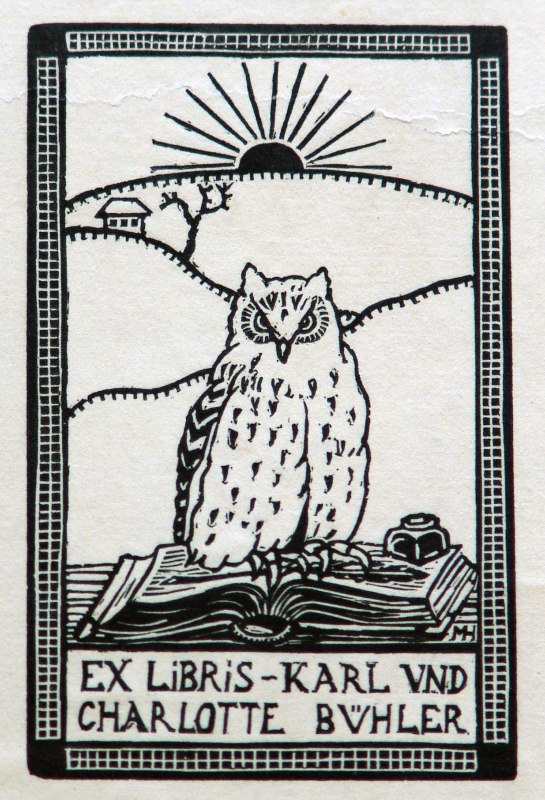
Exlibris of Karl and Charlotte Bühler
-
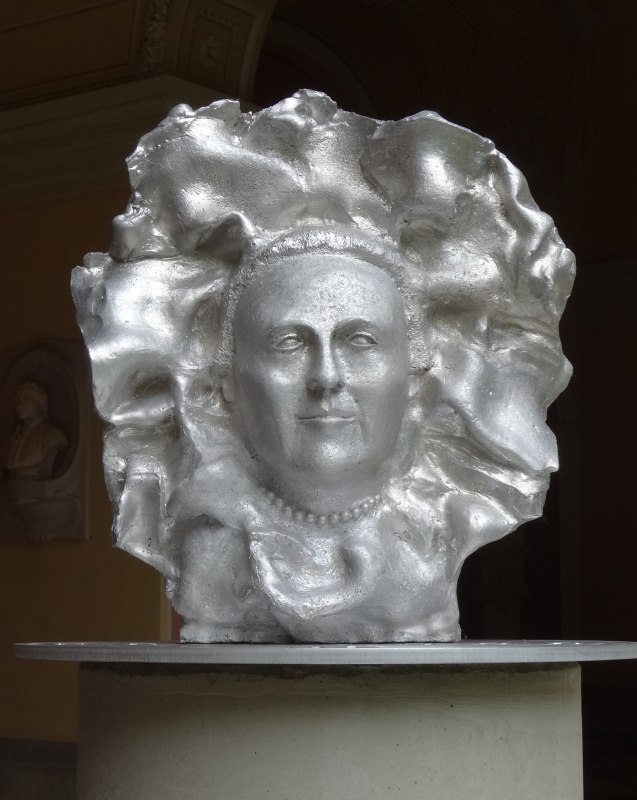
Memorial of Charlotte Bühler in the Arkadenhof (arcaded courtyard) of the University of Vienna (artist: Thomas Baumann)
-
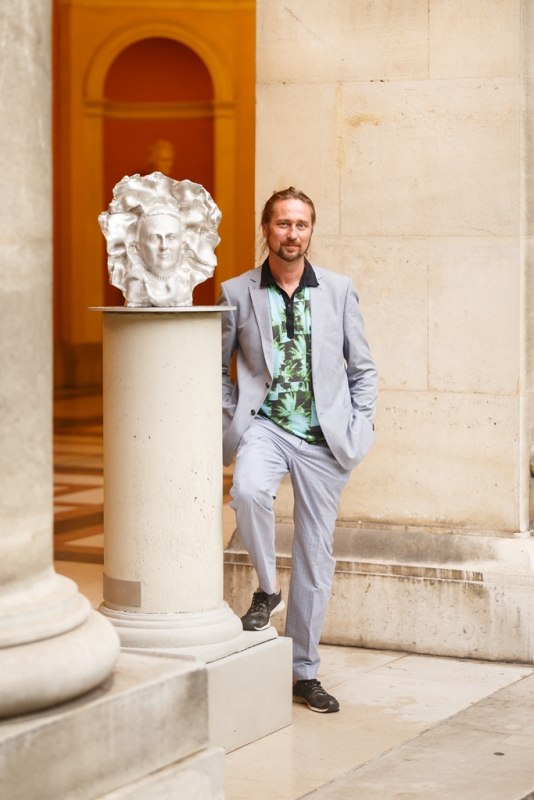
Denkmal für Charlotte Bühler im Arkadenhof der Universität Wien mit dem Künstler Thomas Baumann (2016)
Thomas Baumann gestaltete das Denkmal für die Psychologin Charlotte Bühler (eröffnet am 30. Juni 2016 eröffnet). Der modellierte Kopf sitzt auf einem...
-
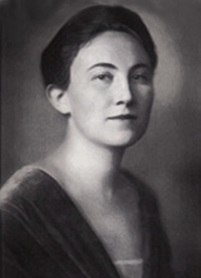
Charlotte Bühler (1893–1974), Psychologie

